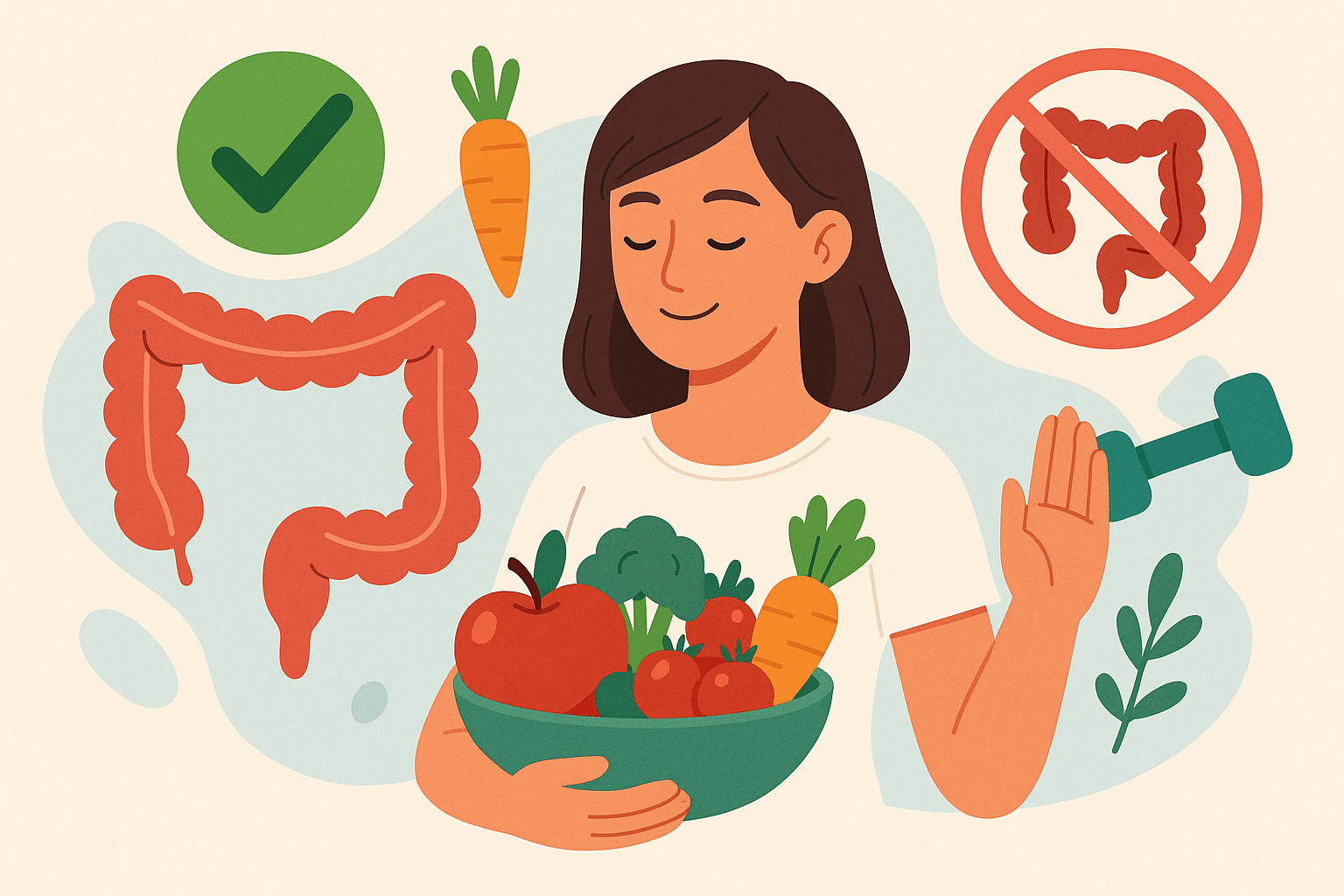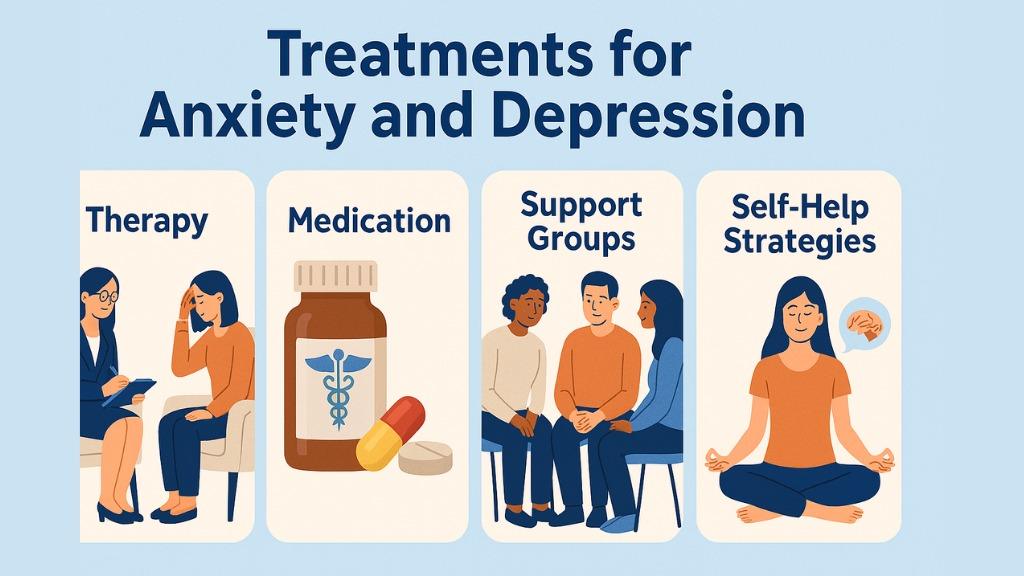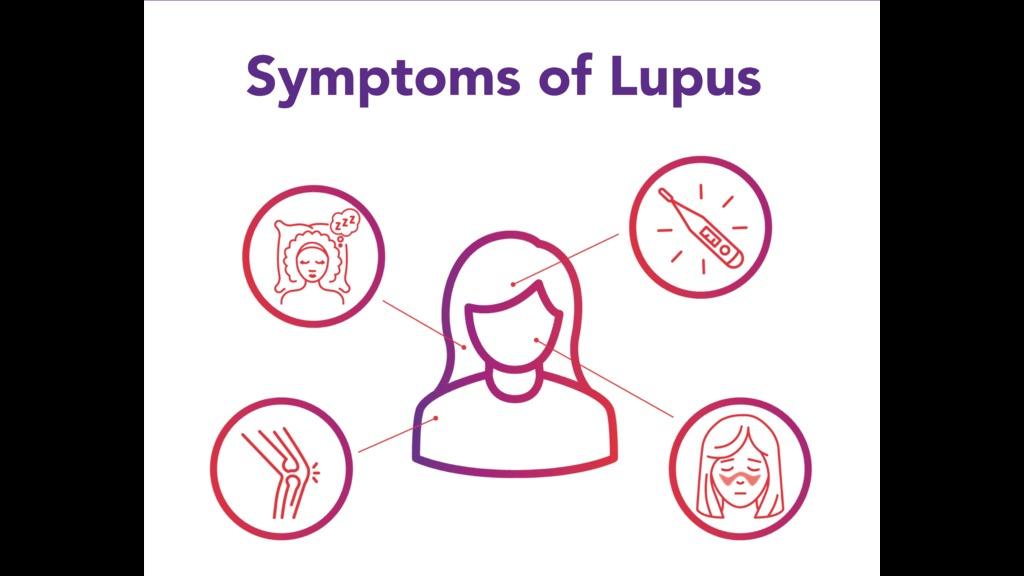Some choose to call it colon cancer, while others prefer colorectal cancer. No matter the name, it is the third most common cancer globally and is responsible for significant mortality. Some risk factors are not within human control, whereas certain lifestyle choices can greatly diminish the risk of developing cancer. This guide explores steps you can take to prevent colon cancer and improve digestive health.
Why We Should Even Think About Colon Cancer Prevention
In 2025, there will be an estimated 150,000 new cases of colorectal cancer in the U.S., with the expected death count soaring above 50,000. Early-onset colorectal cancer is on the rise, and it punctuates the need to work more on prevention.
The Major Benefits of Prevention
- Early detection saves lives: Screening tests identify some precancerous polyps, and early treatment is possible.
- Better quality of life: A healthy lifestyle decreases cancer risk and enhances the overall quality of life.
- Knowledge gives power: Knowing about risk factors helps you make informed decisions about your health.
Stepwise Prevention Guide for Colon Cancer
1. Screenings Are the No. 1 Priority
According to the CDC, Americans should begin colorectal cancer screening at the age of 45. What do these methods entail?
- Colonoscopy: allows for a direct view and removal of polyps.
- Fecal Immunochemical Test (FIT): Blood tests that cannot be seen in the stool.
Start earlier if there is a history of familial disease or other risk factors.
2. Healthy Eating Habits
- Create more fiber intake: Eating lots of fruits, vegetables, legumes, and whole grains enhances digestion and poses lower risks for cancer
- Reduce red and processed meats: Higher amounts of these meats cause colorectal cancer.
- Calcium-rich foods: Dairy foods are believed to be somewhat protective.
3. Regular Active Lifestyle
- Engage in at least 150 minutes of activities of moderate intensity per week. Physical activity keeps a person healthy from weight gain and low inflammation, two factors of cancer prevention.
4. Avoid Smoking and Limit Alcohol Intake
- Smoking and drinking too much alcohol are great risk factors for colorectal cancer. By limiting or eliminating these, you can greatly reduce your risk.
5. Keep an Eye on Your Weight
- Obesity has been associated with an increased risk and mortality due to colorectal cancer. Maintain your healthy weight through diet and exercise.
Real-Life Scenario: The Effect of Lifestyle Changes
According to Dr. Michael Shusterman, a gastrointestinal oncologist, there are simple lifestyle changes to reduce the risk of colon cancer. These include cutting down on red meat, eating tree nuts, and taking vitamin D supplements daily.
Actionable Tips and Advice
- Stay Hydrated: A sufficient intake of liquid helps digestion and staying healthy.
- Limit Processed Foods: Consumption of highly processed food can increase cancer risk; opt for whole, raw food whenever possible.
- Know Your Family History: Inform your doctor of any family history of colorectal cancer so that you may be screened accordingly.
Common Mistakes to Avoid
- Skipping Your Screenings: Early detection is the best defense through screening.
- Ignoring Symptoms: If symptoms like changes in bowel habits, blood in stool, or unexplained weight loss persist, a doctor must be consulted.
- Assuming Being Young Means Immunity: Cases of early-onset colorectal cancer are emerging; young adults also need to be careful.
Future of Colon Cancer Prevention
- Personalized Medicine: Genetic breakthroughs can result in individual-based prevention techniques.
- Better Screening Methods: Methods are developed for more specific and less invasive diagnosis.
- Against Public Health: Increasing awareness campaigns are geared toward educating people about colorectal cancer and preventive measures.
Conclusion: Take Charge of Your Colon Health Today
Preventing colon cancer involves a combination of regular screenings, a healthy diet, physical activity, and lifestyle modifications. By implementing these strategies, you can significantly reduce your risk and promote overall well-being. Consult with your healthcare provider to develop a personalized prevention plan tailored to your needs.




